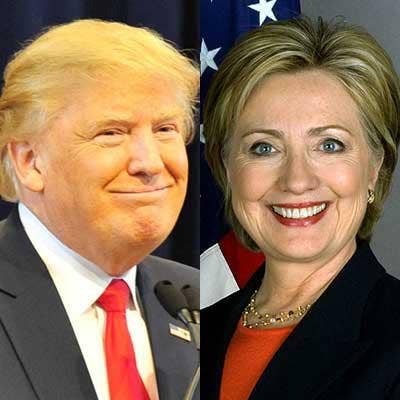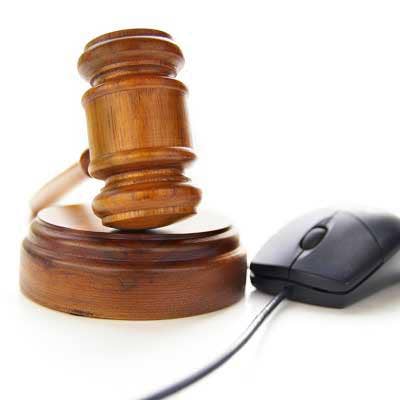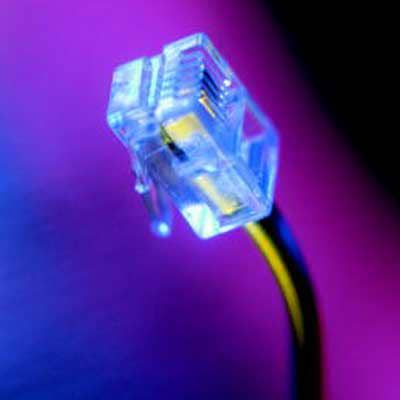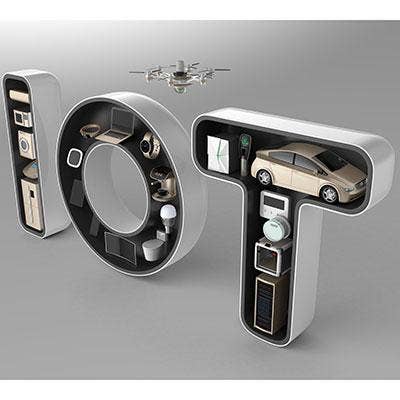Clinton Vs. Trump: Where The Presidential Candidates Stand On Technology, Telecom Policies

On The Debate Stage
Election season is in full swing as the first of three presidential debates kicks off tonight between Democratic candidate Hillary Clinton and Republication candidate Donald Trump. But with so many issues on the table that could be hashed out over the next couple of months, CRN wanted to take a look at the potential policies the candidates have in mind that could impact solution provider businesses.
In preparation for Monday's presidential debate, CRN rounded up five hot-button issues that the IT industry is currently facing and took to the candidates' campaign sites to learn where Clinton and Trump currently stand on these topics – and if the candidates will add to, refine, or change their positions on the way to the White House.

Net Neutrality
Clinton: Clinton is a longtime supporter of Net neutrality, an initiative that Clinton plans to continue to uphold and preserve, if elected, according to her website. The Democratic nominee also co-sponsored the Internet Freedom Preservation Act while serving as senator of New York.
Trump: The Republican nominee hasn't weighed in on Net neutrality while running for president and did not respond to CRN with his stance on the issue. Industry pundits, however, expect Trump to take the stance that the Republican party has taken in opposition of Net neutrality. Trump's running mate, Indiana Gov. Mike Pence, co-sponsored the Internet Freedom Act in 2011, which would stop the Federal Communications Commission from regulating the internet.

Broadband Internet
Clinton: The former Secretary of State has publicly committed to connecting 100 percent of U.S. households to high-speed, affordable broadband by 2020. According to Clinton's website, she plans to set aside $25 billion to help fund high-speed internet projects, including public-private partnerships for broadband. Clinton said she wants to build off of the successful federal broadband programs that were put in place by President Obama, including the Connect America fund.
Trump: So far, the Republican presidential nominee hasn't shared a plan for expanding the reach of broadband internet across the country within underserved areas, and has yet to comment on the topic of broadband access. The Trump campaign did not respond to CRN's request for comment on broadband expansion plans before publication time.

The Internet of Things
Clinton: With an eye on next-generation technologies, Clinton has shared plans for re-purposing wireless spectrum for and delivering faster wireless speeds across the country to support IoT use cases. She has also discussed support for 5G technology through licensed and unlicensed spectrum. Clinton on her website also talks about connecting public spaces, such as airports, mass transit systems, recreation centers, and career centers to high-speed internet, which could then offer free public Wi-Fi.
Trump: The Republican hopeful has not specifically addressed next-generation technologies or possible IoT use cases and did not respond to CRN's request for comment prior to publication time.
.

IT Education
Clinton: The presidential hopeful for the Democratic party has laid out an economic proposal for investing in computer science and STEM education, as well as science and technology research. Clinton says on her website that she intends on "creating a lifelong learning system that is better tailored to 21st century jobs."
Trump: While not addressing IT education or STEM programs specifically, Trump said on his website that the U.S. graduates "two times more Americans with STEM degrees" each year than are able to find STEM jobs. Trump has addressed the educational system for grades K-12, saying in a video on his site that he plans to put an end to the Common Core educational standards.

Cybersecurity
Clinton: Cybersecurity is one of the "the most important challenges the next president is going to face," according to Clinton. The democratic presidential hopeful's site mentions working with several countries, including China, to "promote strong rules of the road" in areas including cybersecurity. Her site also discusses the empowerment of a federal Chief Information Security Officer and upgrading governmentwide cybersecurity.
Trump: The Republican candidate recently said during an interview that cybersecurity "has to be very strongly in our thought process," and said that countries could be rendered "nonfunctioning with a strong use of cyber." Trump also discusses the amount of money that intellectual property theft has cost the U.S.
In terms of policies regarding cybersecurity, however, neither candidate has yet to clearly lay out specific polices or plans.